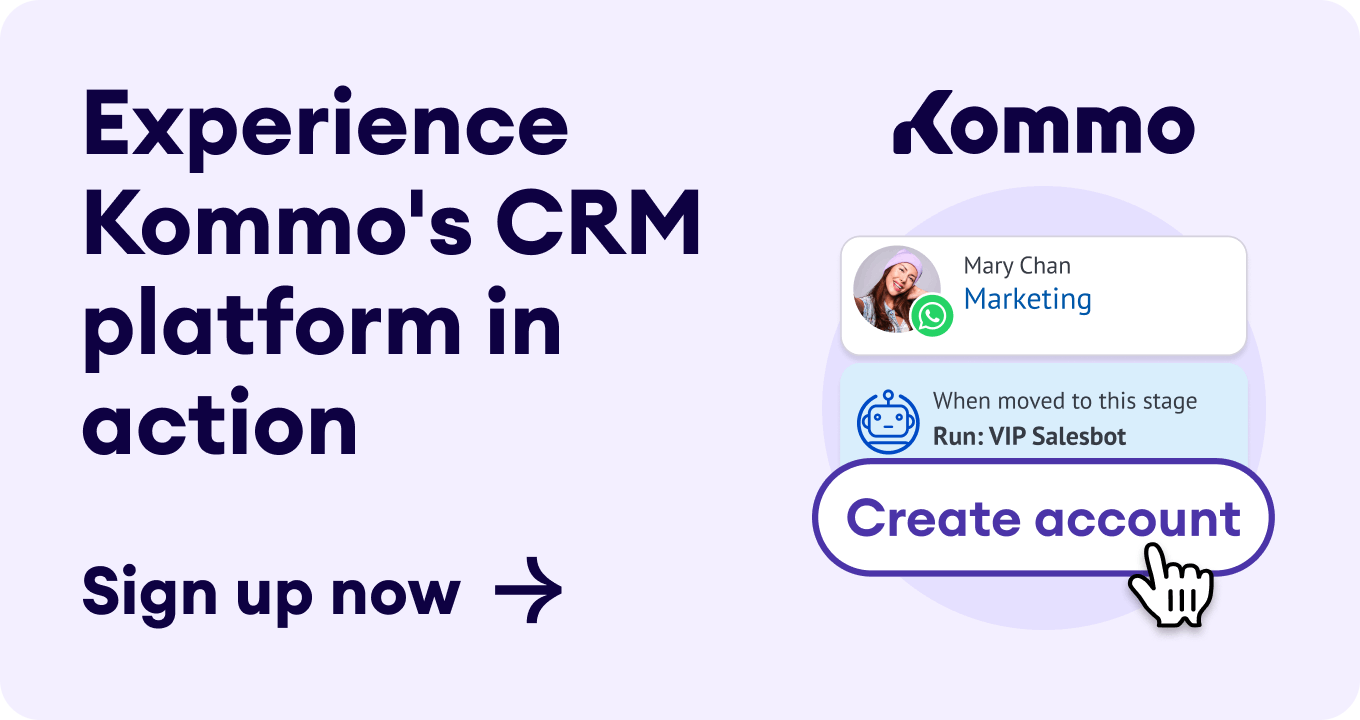If you’ve never used a CRM before, you’re probably wondering what the heck it means and why the three-letter acronym has been gaining momentum and becoming increasingly relevant to companies. Don’t panic; my “CRM for Dummies” post will help you understand the basics of CRM.
CRM for dummies: the evolution of CRM
Let’s briefly reach back in time. In the late 1980s, when the proliferation of personal computer use began, businesses started to store customer information such as names and addresses in a contact management software known as a “digital Rolodex.” This helped marketing professionals and sales reps analyze customer details and, in turn, produce personalized conversations. These gave rise to a new form of selling: integrating customers with sales strategy.
Speaking of the acronym, CRM stands for “customer relationship management.” The actual expression, however, can be traced back to the 90s. Although there is a lot of debate about who invented the term, many believe that it was initially coined by Tom Siebel, the founder of Siebel Systems – the sales force automation software.
The goal of modern CRM platform
The ultimate goal of CRM is to manage and deepen business interactions and relationships with existing and potential customers by serving them better. However, it is not only designed to enhance communication, but also to increase the company’s lead generation and sales, and reduce its costs. It can be defined as a user-friendly software tool or a business strategy that improves the company’s performance by effectively gathering, organizing, and automating all units of businesses.
Since this post is called “CRM for Dummies” let’s look at what CRM does at the most basic level:
✔ Accumulates valuable customer information in one central location
Storing customer information and making sense of it in one place is one of the essential functions of CRM. Businesses need to keep track of valuable information and insights, which includes customer needs, purchasing history, and habits.
✔ Tracks customer management
Your company’s employees, however, can not only track customer data but also keep track of activities, tasks, and targets. For instance, CRM can record what was discussed with a potential customer, when the last contact was made, and plan your next follow-up date.
✔ Increases and speeds up sales
CRM can automate repetitive tasks that facilitate the team’s work productivity. This way, your company spends more time focusing on something more important, for instance, talking to potential customers and building relationships rather than on menial tasks.
✔ Helps you stay focused on your customers
CRM helps sales reps and support teams understand their customers better, personalize communication with them, cater to their needs, and thus provide them with a dramatically better service. Furthermore, this information enables companies to market and advertise their products more effectively and efficiently.
Who uses CRM?
Now that you know that CRM is a platform that focuses on the customer and satisfying their needs, thinking that only large businesses in specific industries use CRM would be a mistake. The software has been utilized effectively and creatively by companies of various sizes and types. These range from small to large-sized organizations, and from retail to high-tech industries. Here’s a list of more examples:
- Retail
- Agriculture
- Education
- Marketing
- Sales
- Consulting
- Media and Communication
- Financial services
- Hotels
- Automobile manufacturers
- Consumer goods manufacturers
- Technology
Hence, it doesn’t matter whether you’re a small company looking for a tool that can help you stay organized, or you’re a larger business wanting to manage customer interactions and focus on improving customer experience, CRM is a way to go.
Why CRM has become essential to businesses today?
Every business faces challenges, and it's impossible to succeed without considering what your customers want. Now that you've learned that CRM is a useful business tool helping companies to develop and grow, let's drill into the reasons why CRM been gaining traction among businesspeople.
Firstly, most modern CRM systems are also known as cloud-based CRM. Unlike in the past, a modern-day CRM frees up your company by providing flexibility. It allows you to use it in any part of the world, at any given time and across all types of devices. It doesn't require a server, storage space for backups, or web developers to install or utilize the systems.
Secondly, it's not a secret that social media and messengers are big these days. Hence, focusing on customers via CRM's abilities as mentioned earlier isn't enough anymore. The process of sending short texts over smartphones or computers via chat apps has become the phenomenon of the century. For this reason, modern Kommo has developed messenger-based sales CRM that helps businesses connect with potential and existing customers regardless of the messaging apps they use.
Finally, growing your business without CRM is only becoming more difficult. Think about it; the more the company develops, the more its customer base grows. Keeping up with your customers and meeting their needs only gets more and more challenging. For this reason, a CRM system has become a necessity. Going without this platform may put your company at a high risk of wasting valuable time or making mistakes.
I hope my CRM for dummies post has enlightened you on the basics of CRM :)
🚀 Make a personal sale with Kommo
✅Kommo is a pioneering Messenger Based Sales CRM software that helps businesses achieve more sales and create long-lasting relationships with their customers. It is a tool that enables companies to reach better results and increase their profits.






